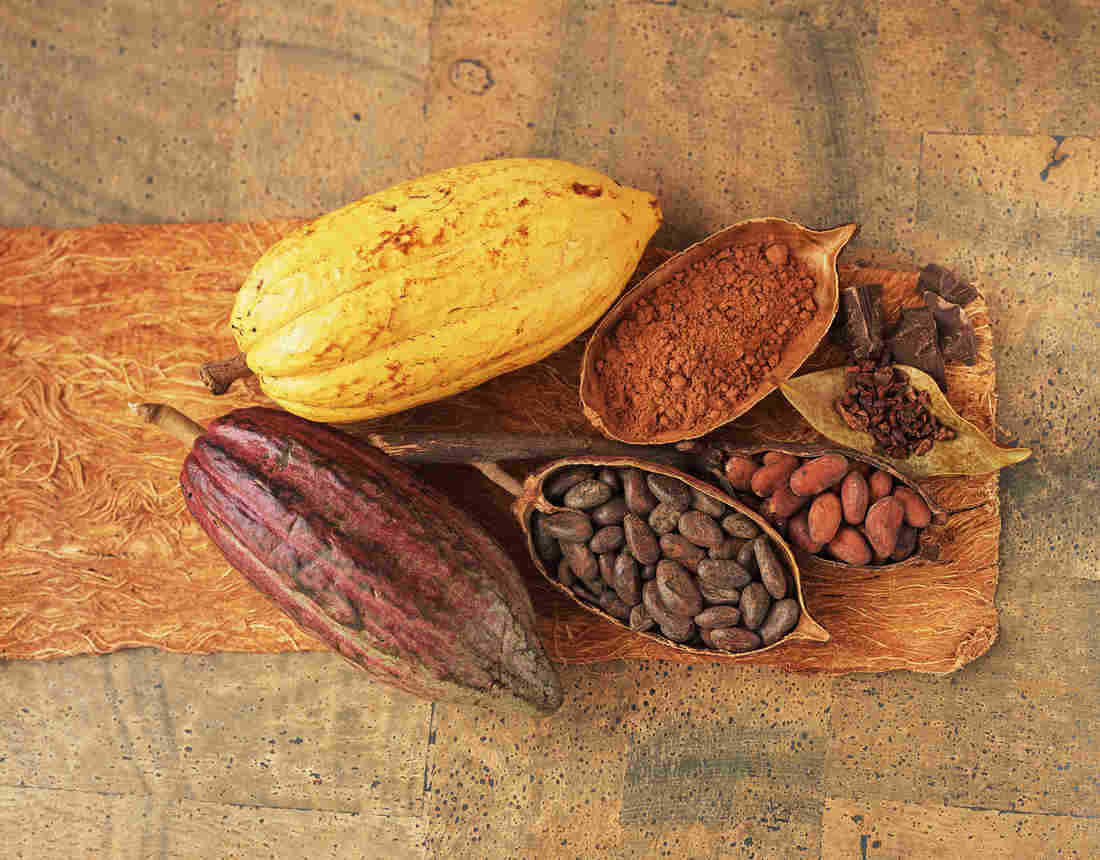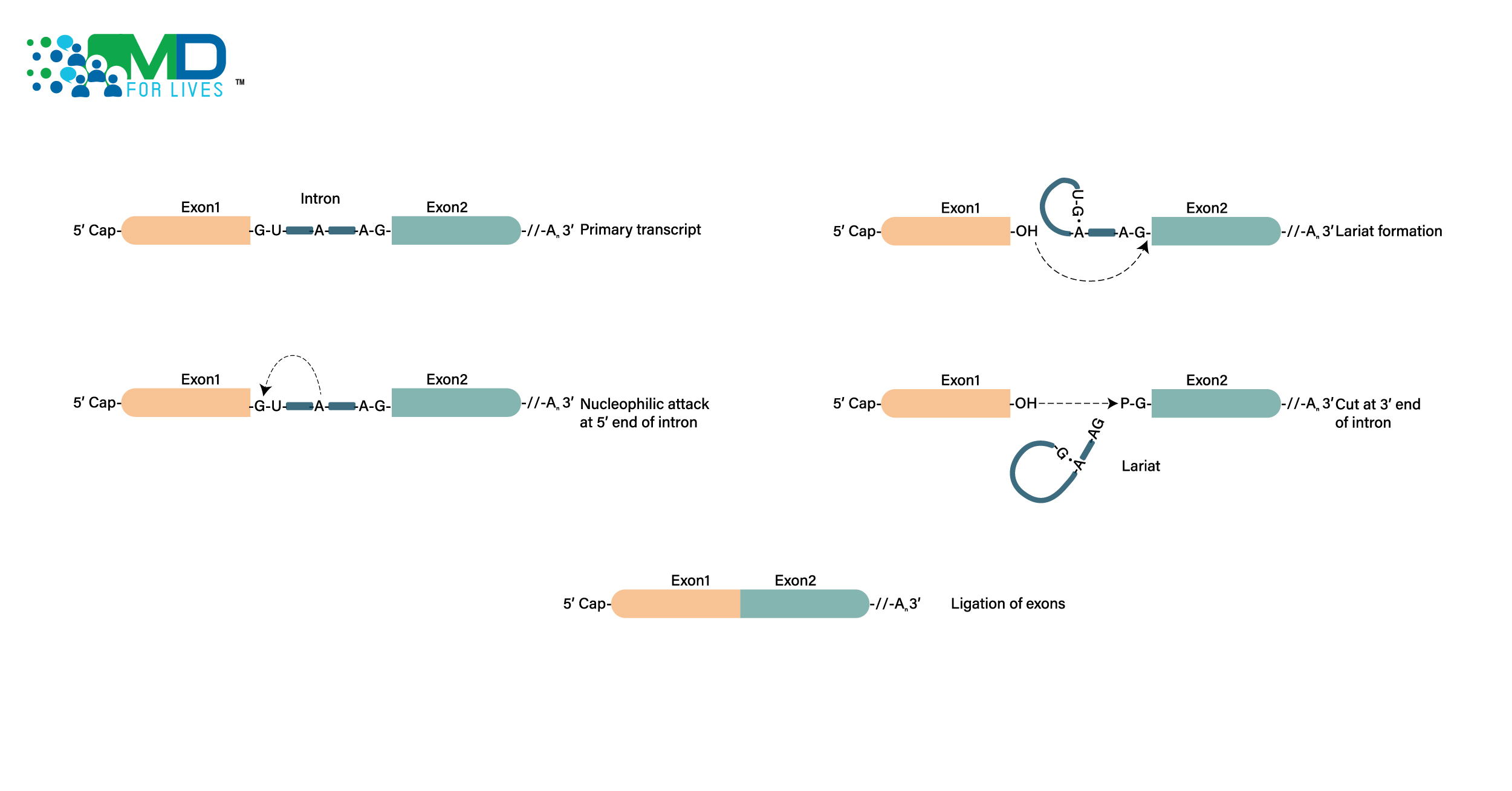Diabetes has almost become a pandemic affecting people from all countries, races, age groups and socioeconomic backgrounds. Diabetes mainly involves malfunctioning of the beta cells that are unable to release adequate amounts of insulin. Thus, medicines targeting improved beta cell function can play a vital role in treating and also preventing diabetes (1).
Researchers from Brigham Young University (BYU) have identified specific compounds present in cocoa that can affect beta cell function. The research published in the Journal of Nutritional Biochemistry, sheds light on improved beta cell function in the presence of epicatechin monomers. Epicatechin is naturally present in cocoa. To understand the mechanism of how this monomer works, the BYU team comprising of graduate and undergraduates under the guidance of BYU professors conducted research at a cellular level. (1)
Beta cells and primary islets were harnessed from rats and grown in either a monomer catetchin-rich culture or a total cocoa extract that was procyanidin-rich. The catechin-rich cultures showed enhanced glucose-stimulated secretion of insulin along with improved mitochondrial respiration.(2)
They established that epicatechin enhances the functioning of the mitochondria making the beta cells stronger. The monomers increase the ability of the beta cells to fight off oxidative stress. This enables the beta cells to produce more ATP, which is the cells’ energy source. Thus, the cells are able to release more insulin which in turn helps in maintaining blood glucose levels (1).
The study was performed on animals, which were put on a high-fat diet and then fed the compound under study through their diet. It was observed that the addition of epicatechin to the high-fat diet decreased obesity and helps in the management of high blood glucose levels (1).
However, Jeffery Tessem, author of this study and assistant professor of nutrition, dietetics, and food science at BYU confirmed that eating a lot of chocolates or cocoa in other forms is not the correct way to receive the benefits of this molecule. In order to harness the power of epicatechin, the compound needs to be extracted from cocoa and brought into commercial use by creating usable products (1).
Although there has been previous research on similar compounds in the last few years, it is not exactly clear as to which of those compounds are the most beneficial for diabetics. However, on the basis of the current research epicatechin monomers can be labeled as the most effective compounds. According to Andrew Neilson, the co-author of this study and assistant professor of food science at Virginia Tech, the current study can be a path-changer and help in the development of products in the form of food items and supplements that can help in managing blood glucose levels, and even delay or completely prevent the onset of type-2 diabetes (1).






